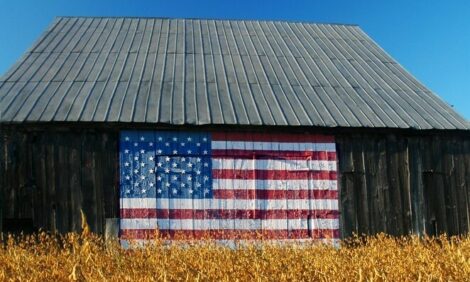



Improving Sustainable Agriculture
EU - European Union Commissioner for Development Andris Piebalgs and the President of the International Fund for Agricultural Development (IFAD), Kanayo F. Nwanze, have signed a Memorandum of Understanding to further strengthen the cooperation between the EU and IFAD on agriculture.Through this enhanced partnership, the EU and IFAD will jointly address challenges in sustainable agriculture and food and nutrition security, in order to reduce poverty in rural communities in developing countries.
Priorities lie in developing technologies for sustainable agricultural intensification (i.e. increasing production by using resources more efficiently) and promoting innovative rural financing mechanisms (like private-public funding facilities) that primarily benefit women and men smallholder farmers.
Other focus areas are providing assistance for small farmers to adapt to climate change and securing equitable access to land. An example of this partnership is the Support to Farmers Organisations in Africa Programme, co-financed by the EU (EUR 5 Mio) and the IFAD (USD 1.5 Mio). This programme contributed to strengthen Farmer Organisations and to enable them to influence policies so that smallholders' needs are better taken into account. A follow-up programme (Farmers Africa) is being designed with an EU financing of 26.9 Mio EUR, in order to build on the first results.
Commissioner Piebalgs stated: "With the need to double food production by 2025, the world is facing a tremendous challenge to which we can only respond by investing properly in agriculture. Agriculture is also key to inclusive growth, as we have said in our Agenda for Change. I am therefore delighted that we will work as partners on this. Joining forces will enable us to better achieve sustainable small scale agriculture and build resilience in developing countries."
President Nwanze said: “Partnership has always been central to IFAD’s business model. The European Union has been a strong partner for us over the years, for example in agricultural research and the Food Facility. IFAD has long recognised that when rural women and men are supported with productive resources, and when they are empowered, they can be the agents of sustainable and lasting change. This agreement is a concrete step in scaling-up our joint efforts towards creating the conditions in which poor rural people can not only feed themselves, but can also help feed the more than 9 billion people who will inhabit our planet by 2050.“






